Ask a coach : ‘Why doesn’t riding to exhaustion in every bike ride bring the greatest fitness gains?’
Riding hard is a lot of effort, and it’s not even the best spent effort. Here’s why you really shouldn’t just go full-blast all the time
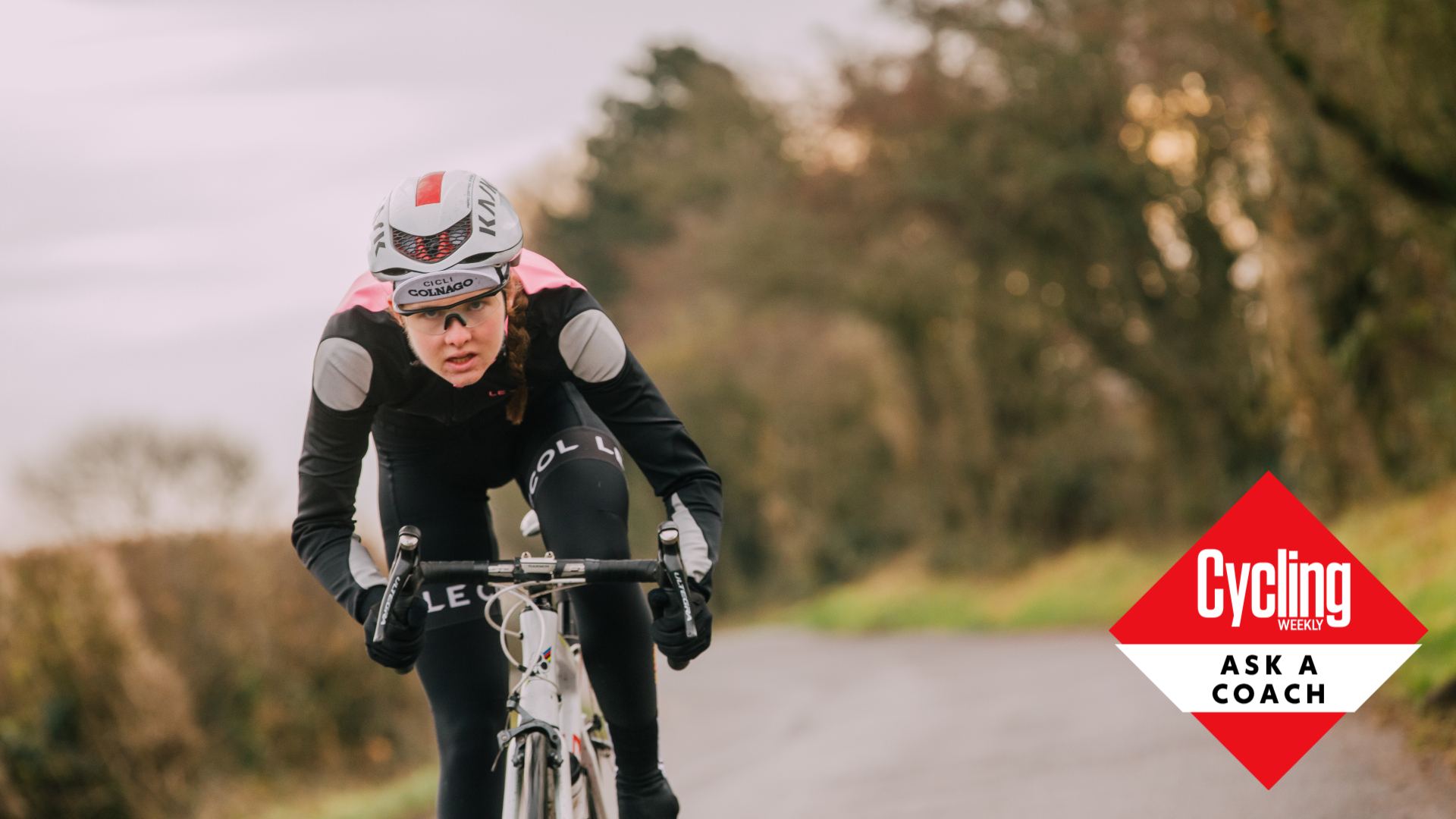

We all want to maximise the gains we get from each training session. On the face of it, it makes some logical sense to ride as hard as we possibly can in each session, maximise the amount of training stress and hope for maximal adaptation.
Well, while anyone that has tried this approach will likely advise you against it; James Spragg is here to explain why it isn’t the best approach to take.

Sports scientist and coach James Spragg is one of the experts who will be answering your questions in Cycling Weekly's ASK A CYCLING COACH series which comes out every Wednesday. Working both in research and applied settings, he currently runs Intercept Performance Consultancy.
Let’s take a look at what happens when we exercise…
Whenever we exercise, we give our bodies a stimulus to adapt to. There are numerous ways in which this adaption manifests itself; from the growth of new capillaries to glycogen replenishment through to an increased number of mitochondria in the muscles and more red blood cells to carry oxygen. Which adaptations occur is dependent on the intensity and duration of exercise and the level of fitness you already have.
However, despite the adaptations themselves being a complex phenomenon, how we experience them is relatively simple.
As we exercise, we become fatigued. We are therefore no longer capable of the same level of performance as we were before we started exercising. We experience a drop in form.
Our bodies then respond to this fatigue by recovering effectively after cycling, adapting, and ultimately getting stronger. We call this adaptation super-compensation.
Get The Leadout Newsletter
The latest race content, interviews, features, reviews and expert buying guides, direct to your inbox!
Unfortunately, this is one of those ‘use it or lose it’ scenarios and if we then continue to rest our bodies will start to de-train again and we will lose those adaptations. We call this reversibility.
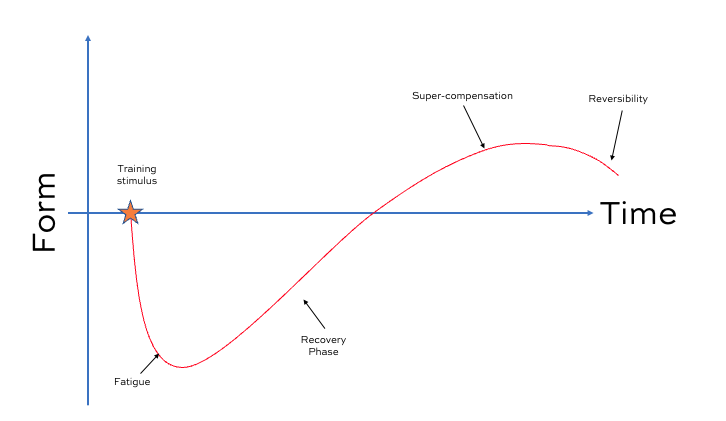
The process of going from a reduction in form, due to fatigue, to an improvement in form, due to super-compensation, follows a relatively consistent pattern. That is because the timeline for any given adaptation to occur within the body is relatively fixed. It simply takes a certain amount of time to produce more red blood cells or build bigger stronger muscles.
Certain adaptations occur relatively quickly (within a few hours) whereas others may take several days.
How we experience this is that our form can bounce back quite quickly, allowing us to exercise multiple days in a row, but we often need a prolonged period of recovery to take full advantage of the super-compensation. Most of us have experienced that boost in form after taking a recovery week. However, unfortunately, most of us have also experienced that loss in form or a fitness plateau if we have not cycled often enough.
A perfect cycling training plan allows the athlete to achieve a little bit of super-compensation after each session and then induces a new stimulus before the process of reversibility kicks in.
What is often forgotten, and is quite important, is that exercising harder in a session does not mean that you will adapt quicker but it can mean you will continue adapting for longer.
Let’s look at two examples; The first is where one athlete (blue) exercises to exhaustion in every session while the other athlete (red) leaves a little in the tank. Here’s how their form charts might look.
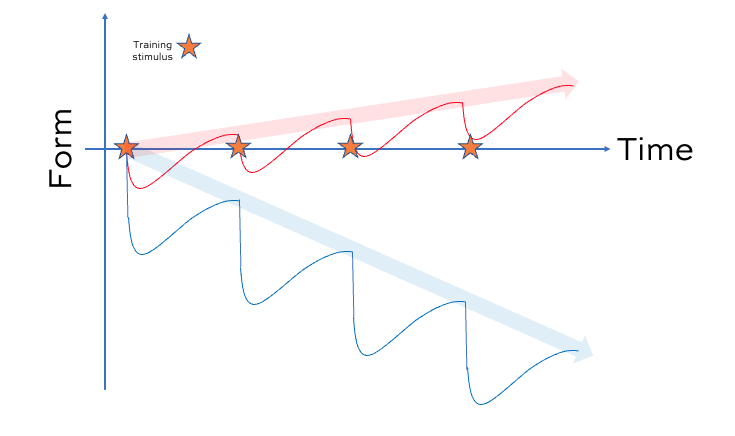
Clearly, athlete one in blue is slowly getting more and more tired and is experiencing an overall loss in form. This is because they are experiencing a high level of fatigue and a big drop in form after each session, and then they are not allowing sufficient time to see that all-important super-compensation. The red athlete is timing everything just right and is seeing a small improvement after each session. Overall, this means that their form is trending upwards. Remember, going deeper in a session won’t speed up your recovery.
However you might adapt for longer…
So let’s look at what happens when the blue athlete waits a bit longer and also times it just right…
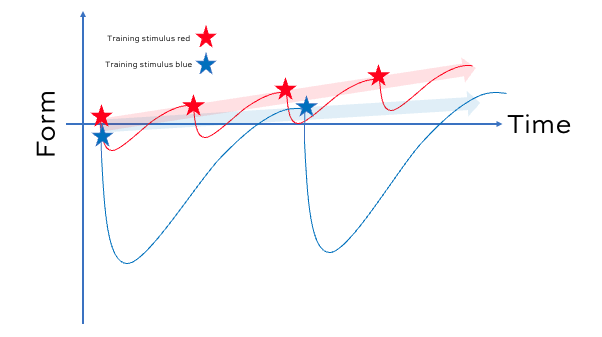
Here we can see that both athletes are improving. However, in this period, the red athlete has managed to fit in four training sessions whereas the blue athlete has only managed to fit in two training sessions. This is because the blue athlete had to wait longer between sessions to allow for super-compensation to take place. All those little extra bits of adaptation after each session have added up over time and the red athlete has improved more than the blue athlete.
When it comes to training, consistency is the key. Long-term improvements in fitness and form are the product of many small steps in the right direction. Try and take leaps and bounds and you will either not progress as quickly or, worse, end up digging yourself into a hole.
With any cycling training plan, the ‘art’ is inducing just the right amount of fatigue with each session and allowing just enough time to recover afterwards. Both factors will differ from rider to rider. However, with any athlete, of any level, consistent small steps in the right direction will bring about the fastest overall improvement.

Thank you for reading 20 articles this month* Join now for unlimited access
Enjoy your first month for just £1 / $1 / €1
*Read 5 free articles per month without a subscription

Join now for unlimited access
Try first month for just £1 / $1 / €1
James Spragg is a sports scientist and coach, working both in research and applied settings. When not working with athletes James can be found skiing, climbing, cycling or drinking coffee!
Alongside Dan Lorang and Peter Leo, James runs Intercept Performance Consultancy. Over the last 8 years in various roles, as coaches, performance consultants, performance managers, and sports scientists, Dan, James and Peter have played a role in helping athletes achieve more than 10 World Championship titles, several Olympics medals (including a Gold and Silver Medal in Tokyo 2020) and several Top 5 results in some of the biggest sporting events on the planet (Tour de France, Olympics, World and European Championships). Our single focus is on improving performance in all settings.
-
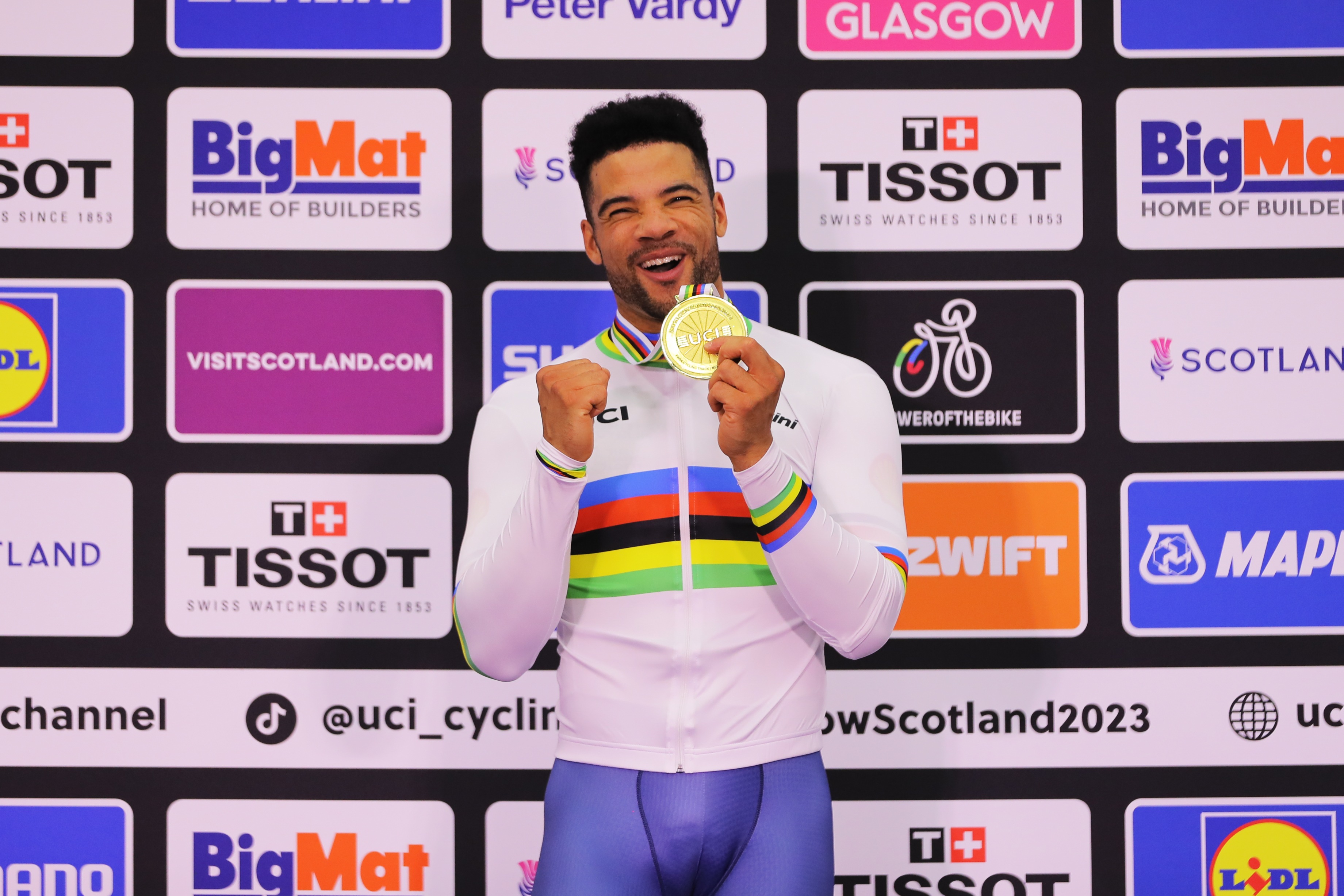 British Paralympian found alive and safe after missing person report
British Paralympian found alive and safe after missing person reportSam Ruddock hadn't been heard from in 11 days, but has now been located
By Tom Davidson
-
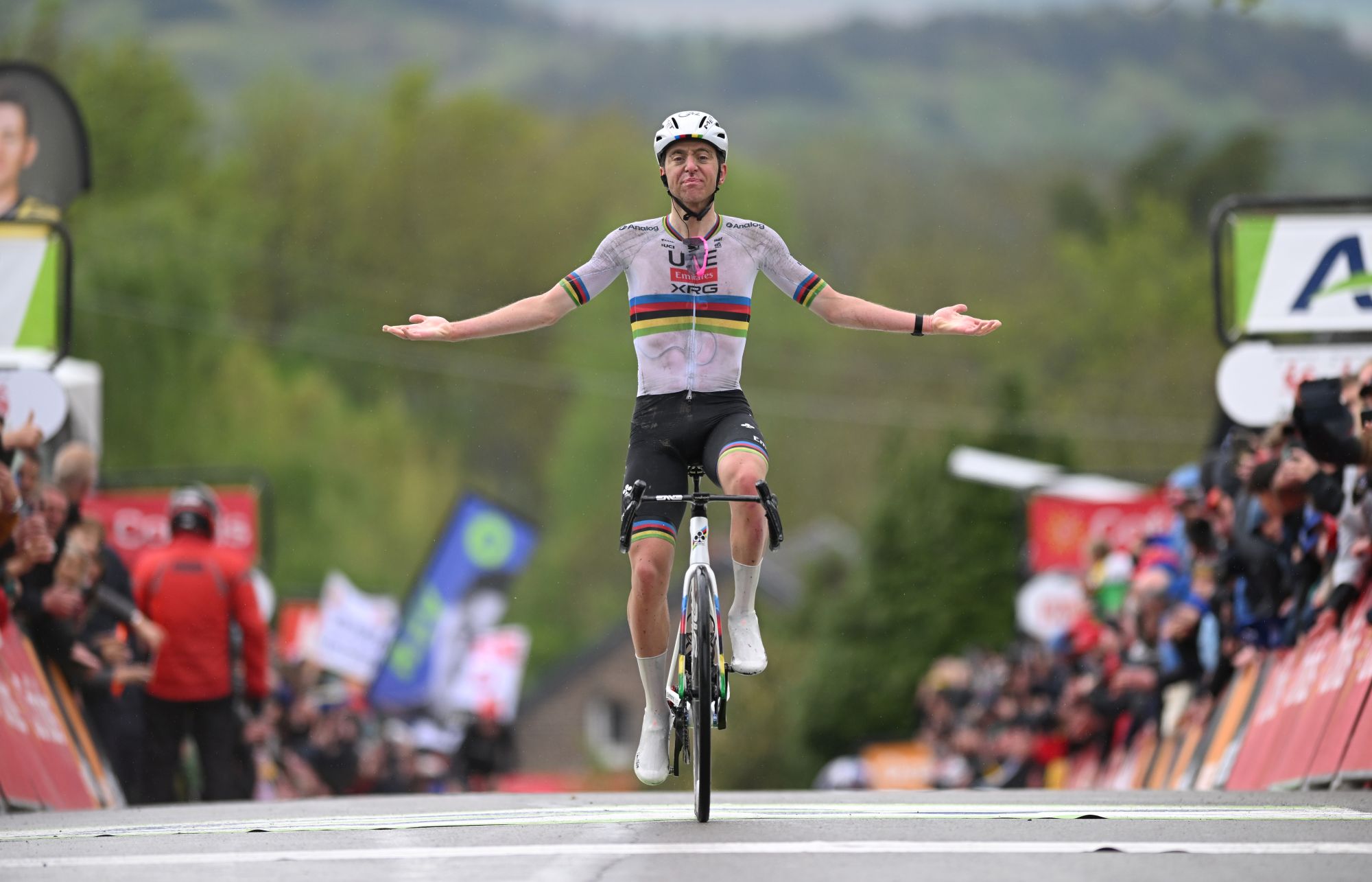 Tadej Pogačar was dominant at Liège-Bastogne-Liège, but I hope for a competitive Tour de France
Tadej Pogačar was dominant at Liège-Bastogne-Liège, but I hope for a competitive Tour de FranceThe Slovenian has finished on the podium of the last six Monuments, the first man to do so - when will he stop dominating?
By Tom Thewlis
-
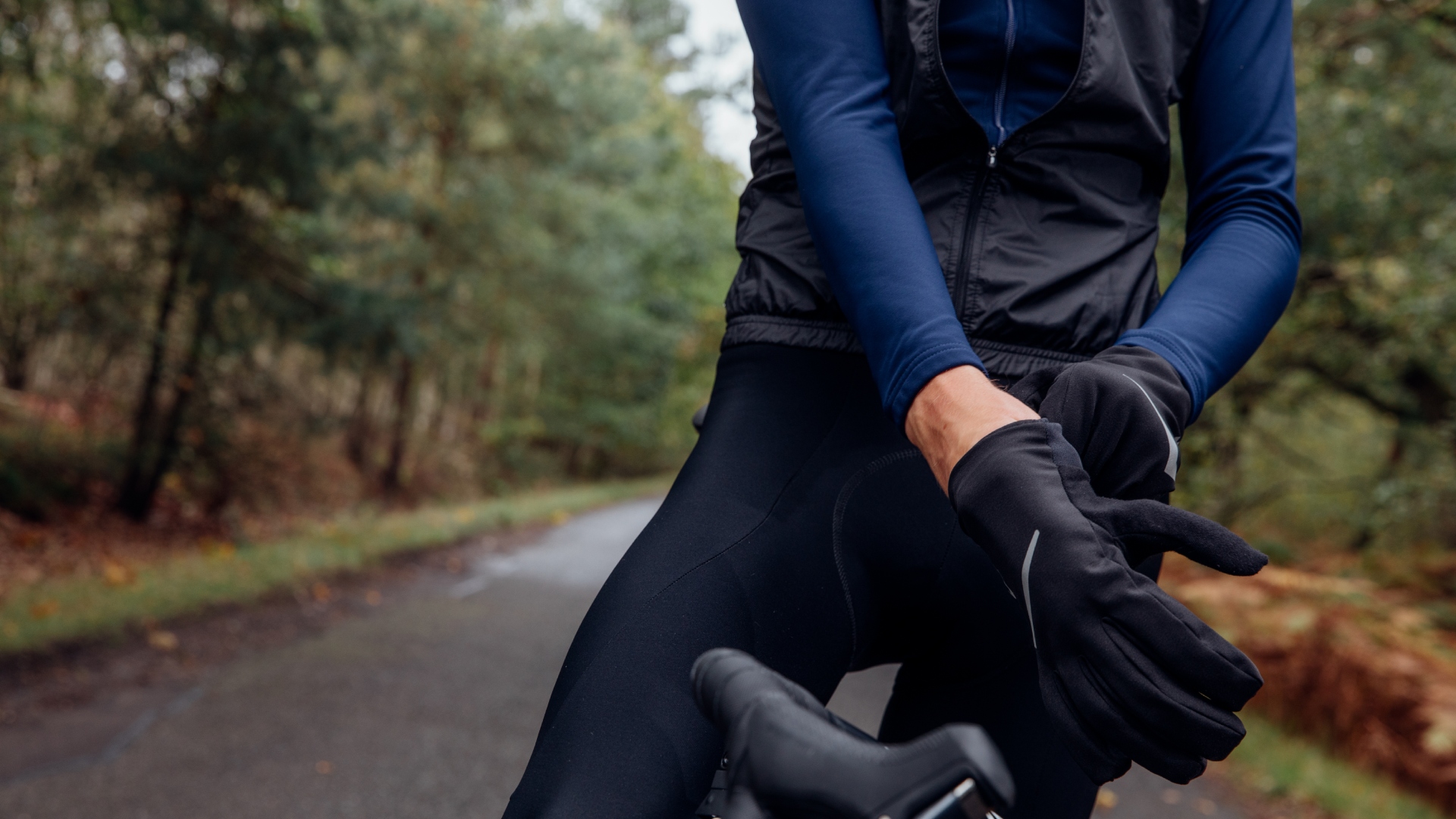 Riding with Raynaud’s: How to beat cold hands and feet over winter
Riding with Raynaud’s: How to beat cold hands and feet over winterSymptoms of Raynaud's syndrome extend far beyond simply having chilly hands and feet, our experts guide you through the how-to on making winter riding bearable despite the disease
By Lexie Williamson
-
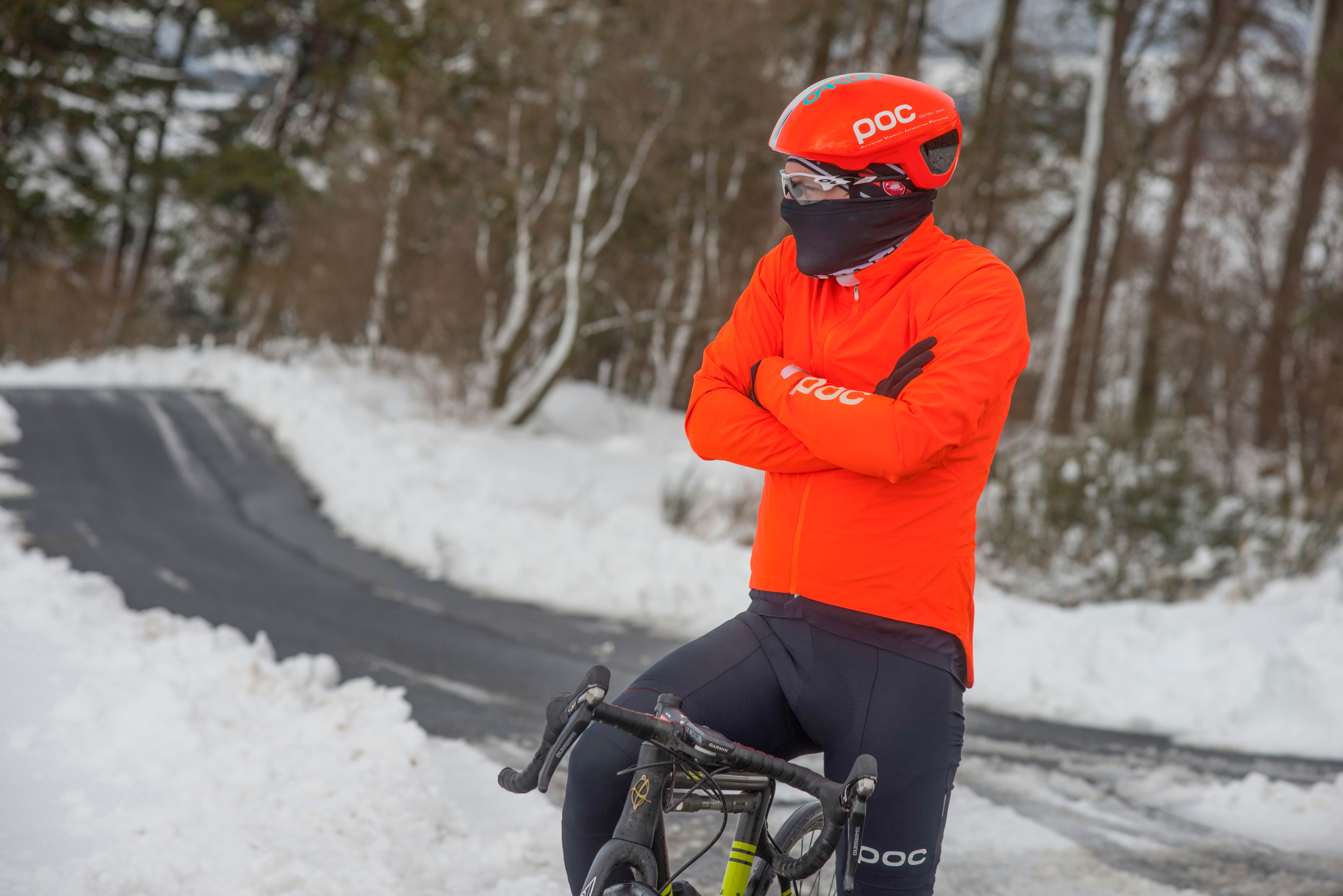 Does riding in the cold always have to slow you down?
Does riding in the cold always have to slow you down?Recent research reveals that starting a ride cold can decimate endurance. James Witts examines how rolling out toasty boosts staying power
By James Witts
-
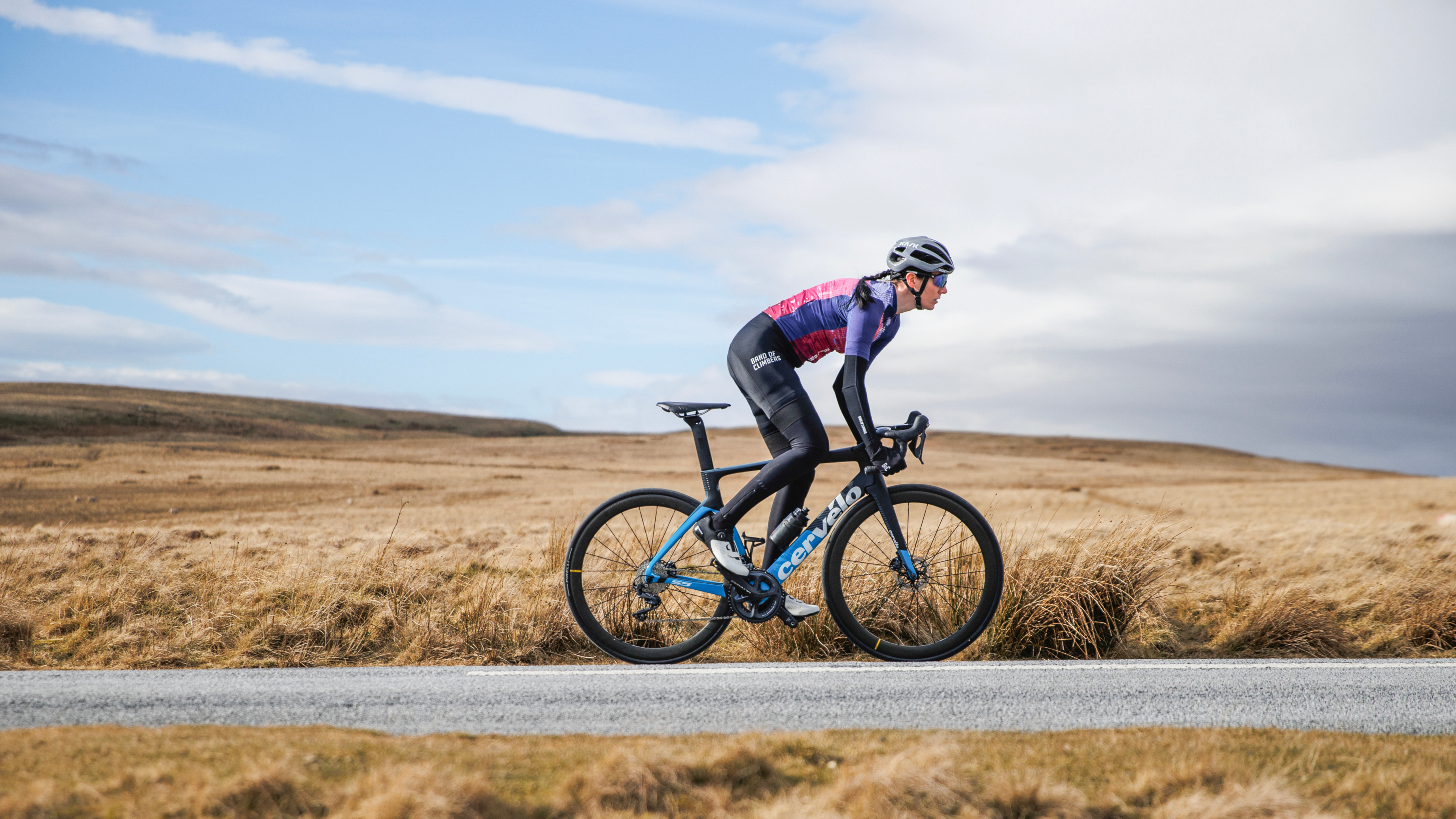 Forget 'new year, new me': 31 realistic, bitesized new habits for 2025
Forget 'new year, new me': 31 realistic, bitesized new habits for 2025Small adjustments to your daily routine can have a big impact on your cycling fitness. Lexie Williamson lists 31 good habits, one for each day of January
By Lexie Williamson
-
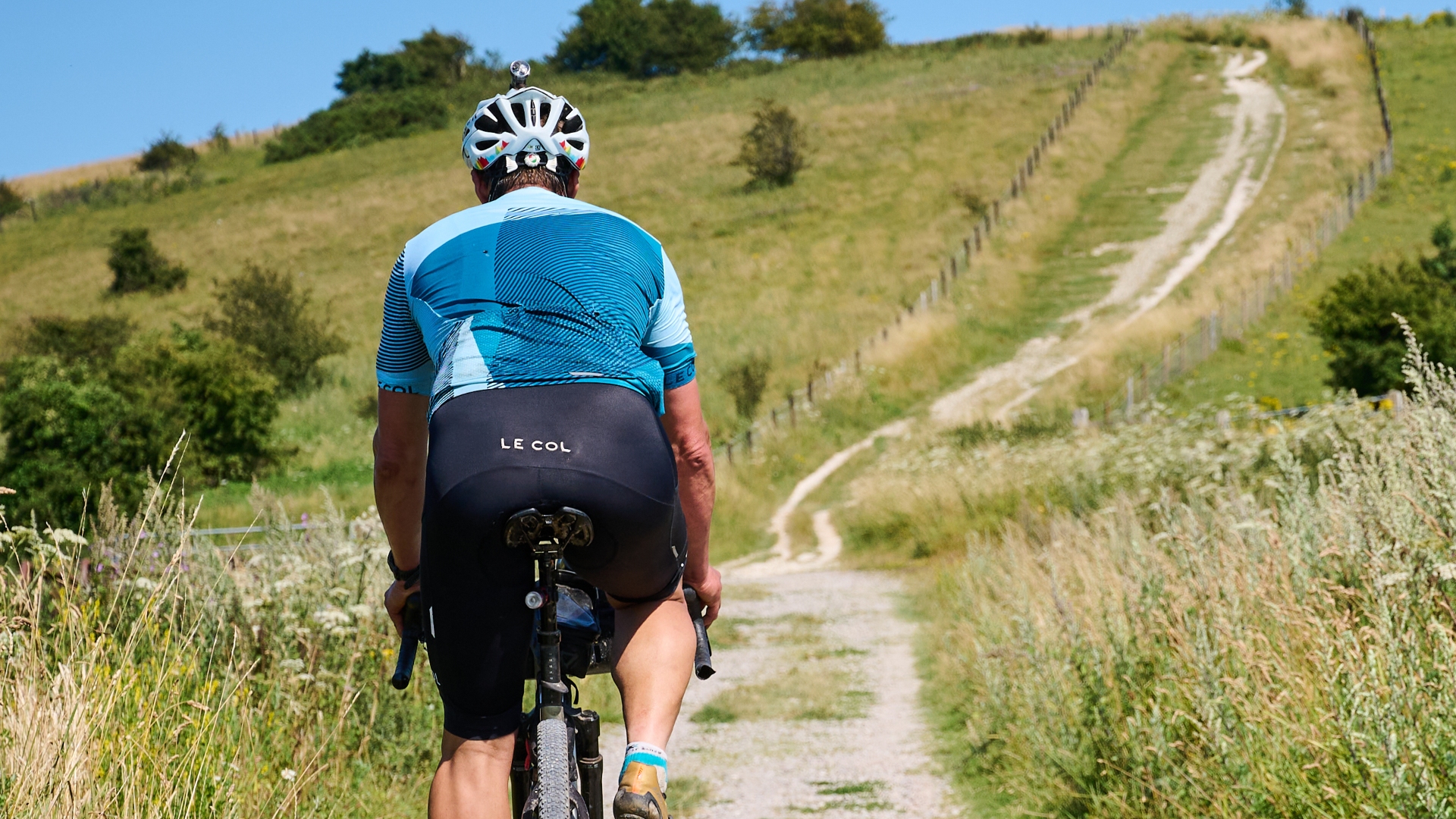 'My riding companion proceeded to fragment into countless tiny particles and dissolve into the night sky — I was hallucinating': Inside a 500km ultra ride
'My riding companion proceeded to fragment into countless tiny particles and dissolve into the night sky — I was hallucinating': Inside a 500km ultra rideKeen to test the limits of his well-matured endurance, Steve Shrubsall hurls himself headlong into a 500km ultra-endurance adventure across England's North and South Downs
By Stephen Shrubsall
-
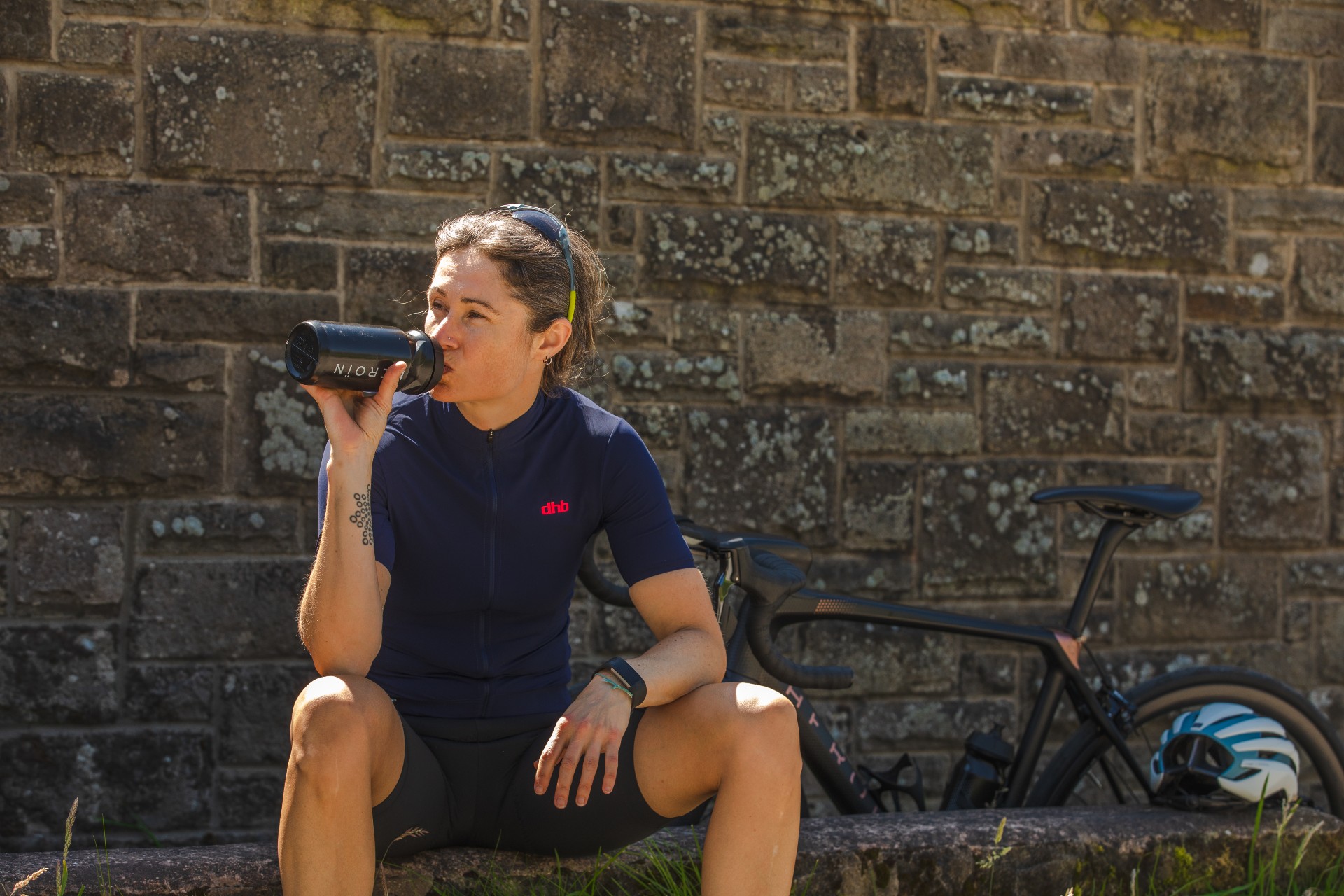 Hot weather cycling: 6 tips to help you keep your cool
Hot weather cycling: 6 tips to help you keep your coolA spell of hot weather needn't stop you enjoying your riding, as long as you take some precautions to prevent over-heating and dehydration
By Anna Marie Abram
-
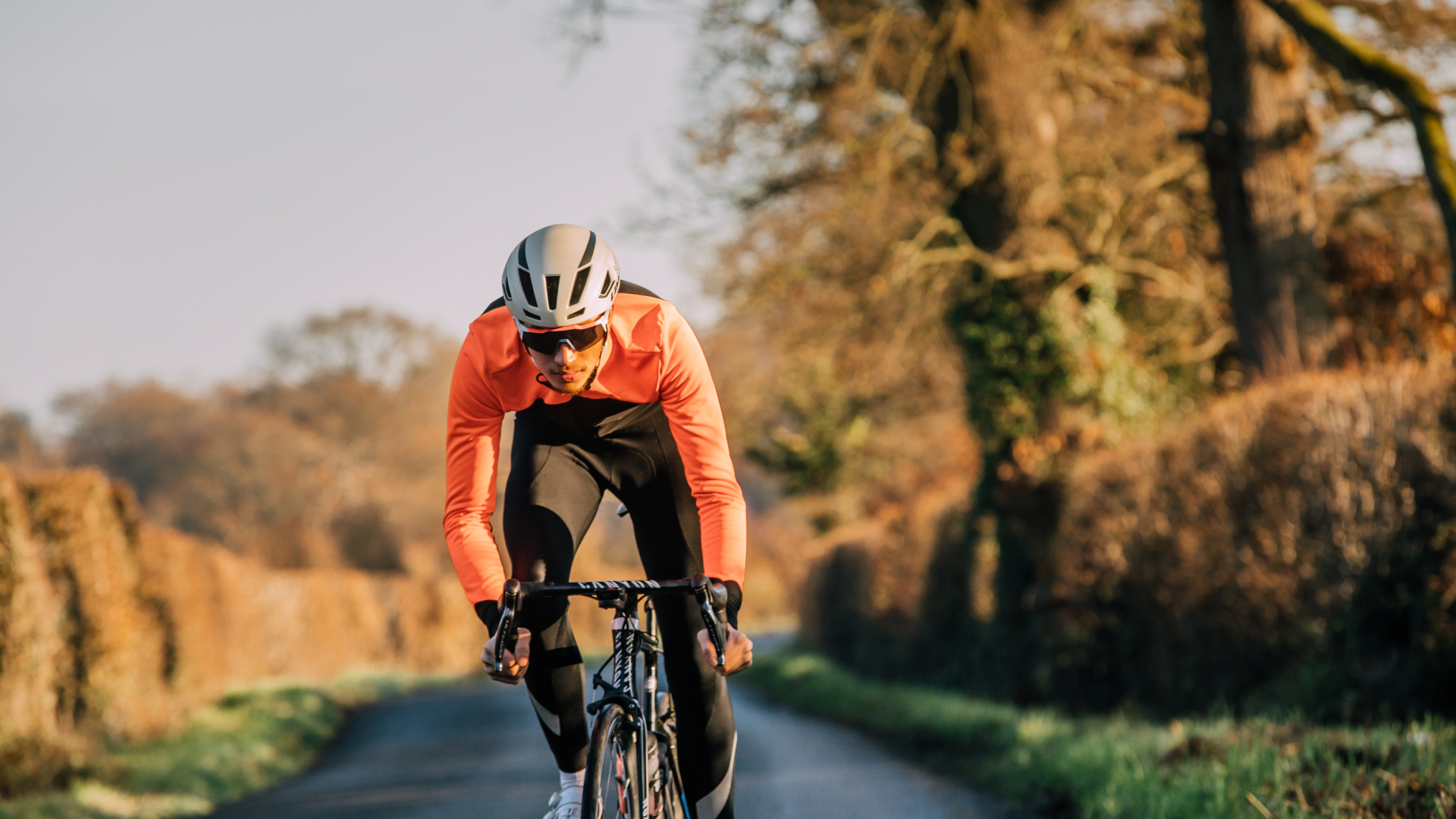 21 ways to get your season off to a flying start
21 ways to get your season off to a flying startMotivation is key: achievable, aspirational goals with clear checkpoints is a great place to start. Structured training, bike servicing and joining a club will all help set you on the right trajectory, too
By Charlie Allenby
-
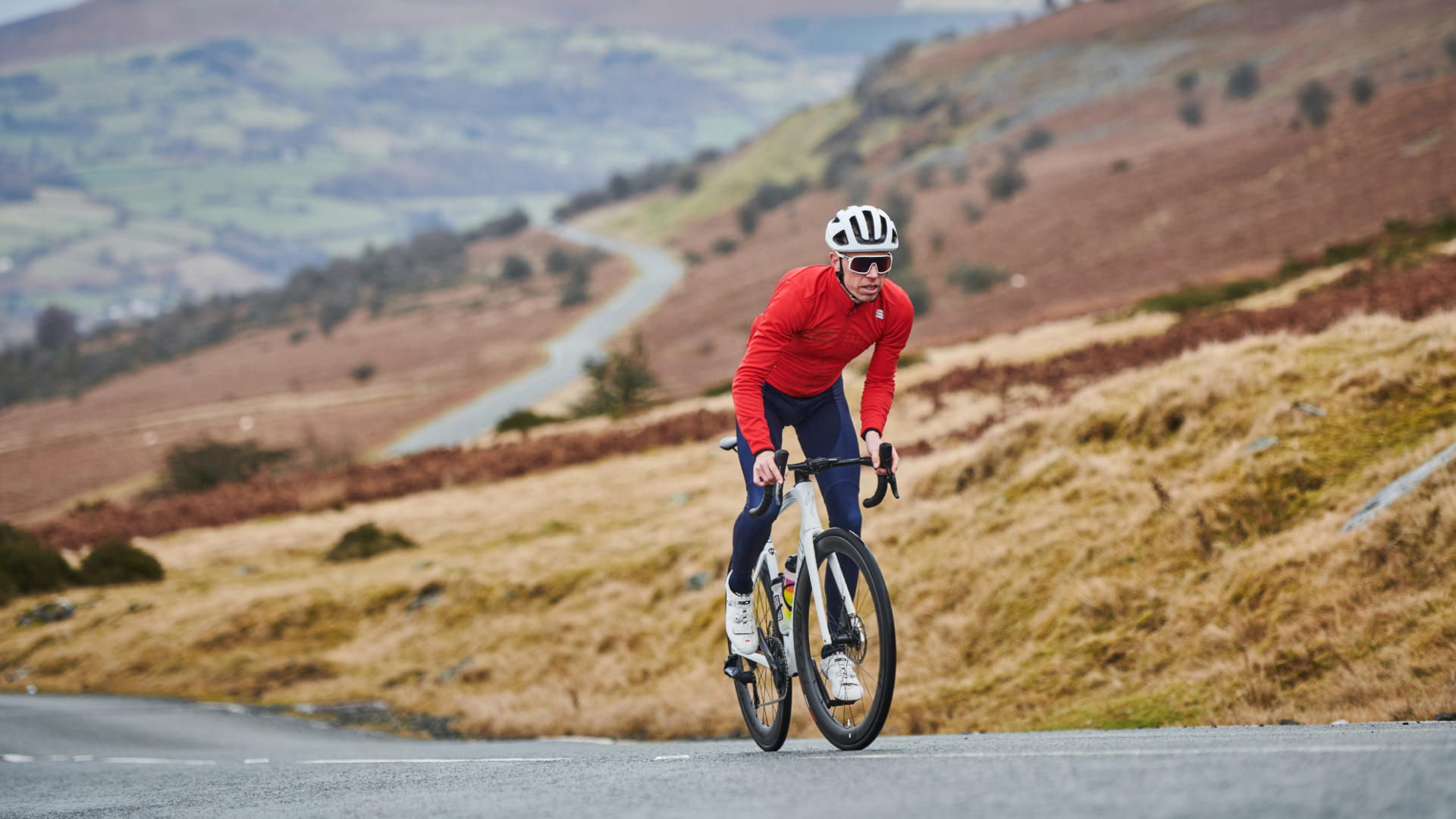 Eight-step guide to crafting your achievable goal this year, according to a cycling coach
Eight-step guide to crafting your achievable goal this year, according to a cycling coachHow to come up with a target you can hit - plus some pointers on how to stay on track
By Chris Marshall-Bell
-
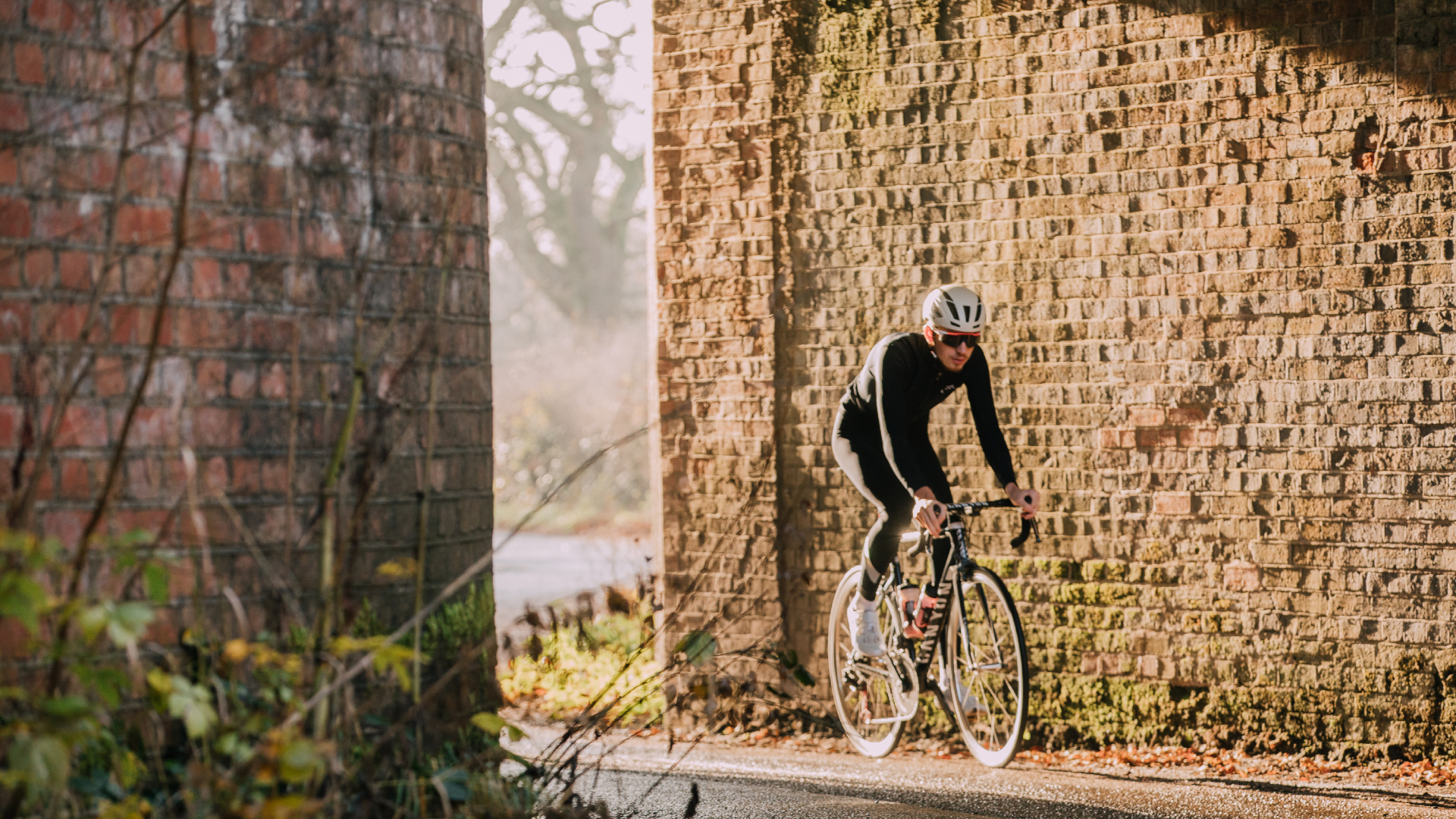 Why is everyone talking about Zone 2 training? Tadej Pogačar, or rather his coach, is responsible - here’s why
Why is everyone talking about Zone 2 training? Tadej Pogačar, or rather his coach, is responsible - here’s whyThe cacophony of praise for Zone 2 training of late left Chris Sidwells scratching his head. So he decided to find out what all the fuss was about
By Chris Sidwells